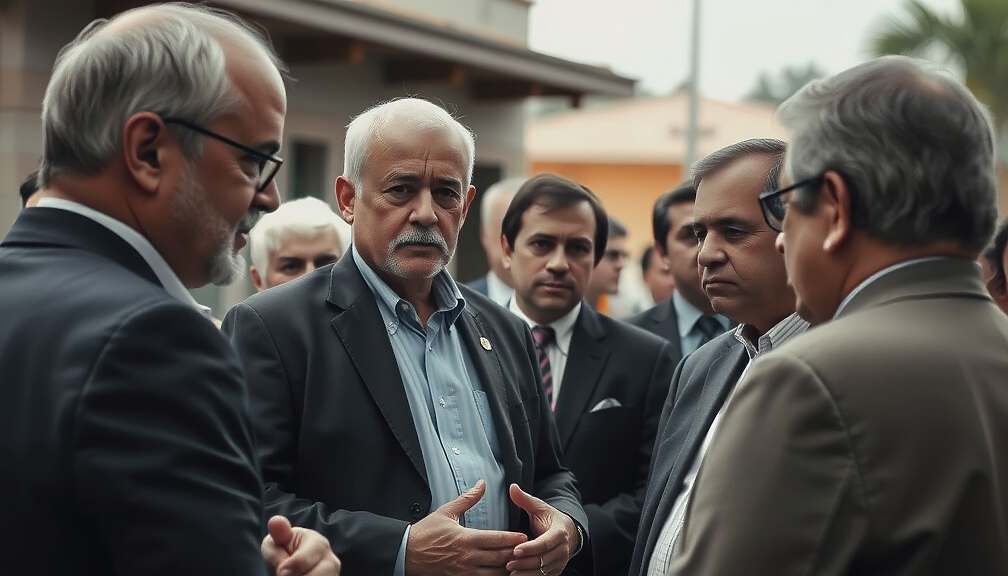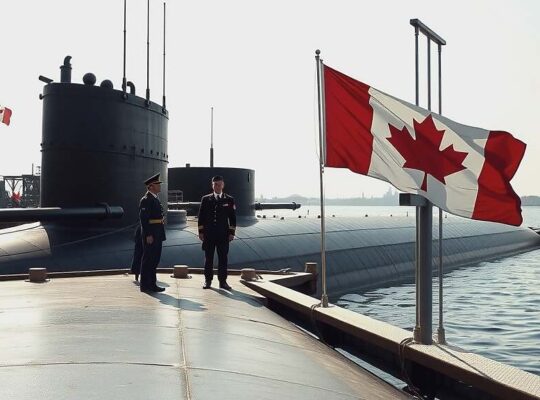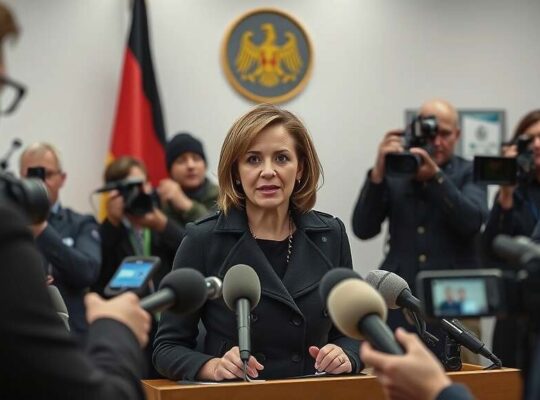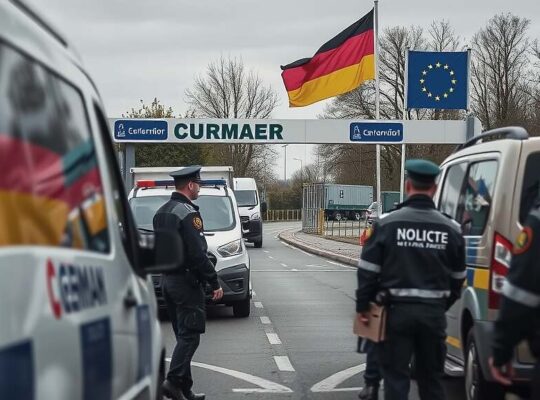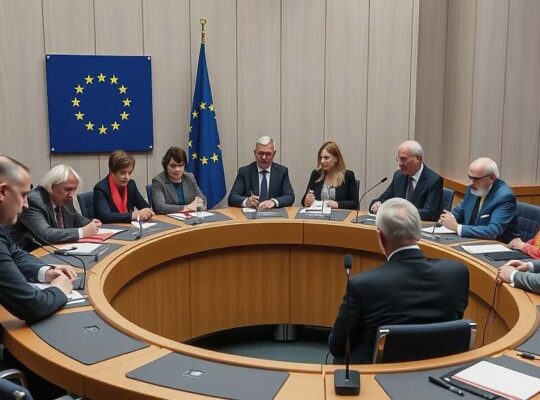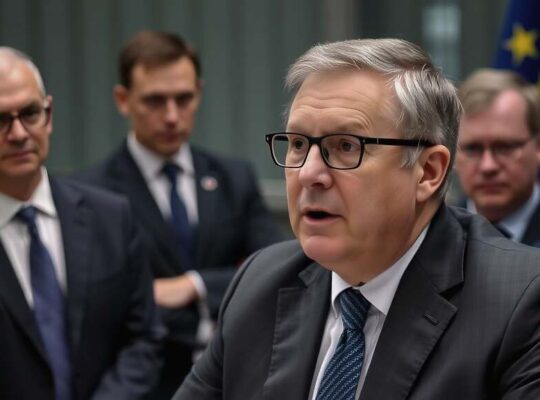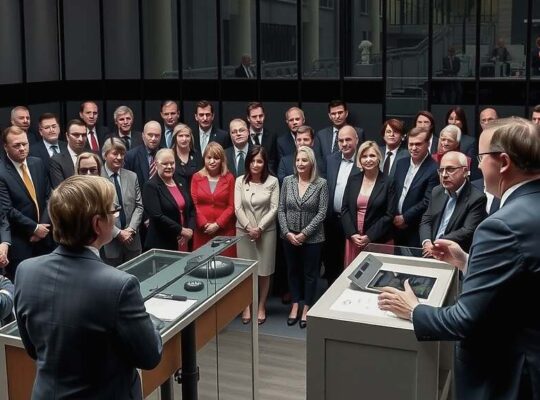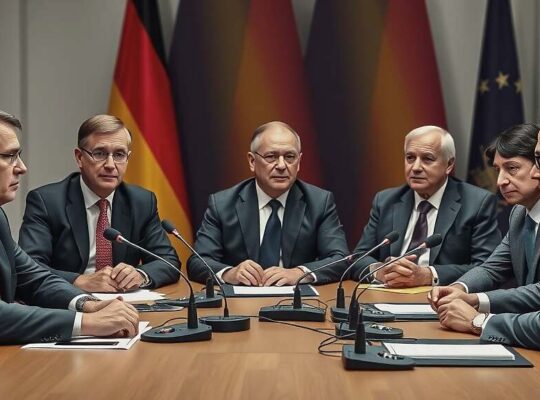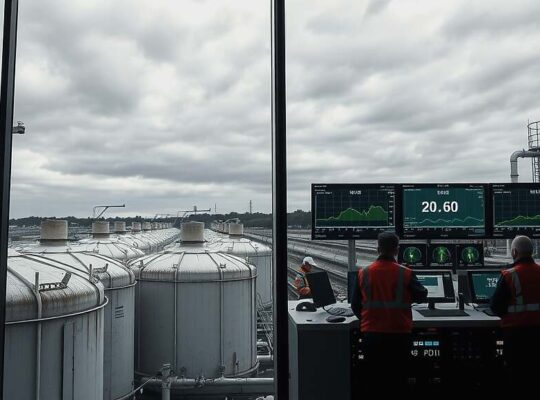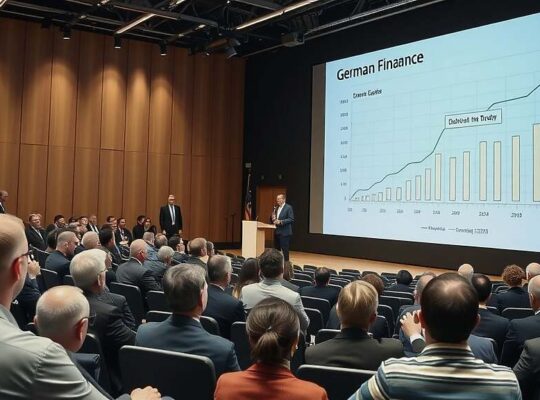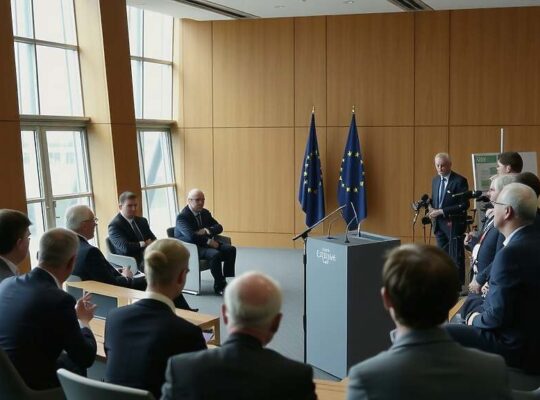Reports of clandestine negotiations between the United States and Russia concerning the future of Ukraine have prompted German Foreign Minister Johann Wadephul to engage in urgent telephone consultations with both US Special Envoy Steve Witkoff and his Turkish counterpart, Hakan Fidan. Wadephul confirmed the conversations on Thursday, stating they focused on coordinating diverse ongoing efforts aimed at resolving Russia’s ongoing war against Ukraine and, crucially, alleviating the immense human suffering it has engendered.
While Wadephul emphasized the importance of maintaining close alignment with Germany and its European partners, the discussions revealed a growing pressure to explore alternative pathways towards de-escalation. Sources suggest the potential for direct, albeit discreet, engagement between Washington and Moscow has injected a complex and potentially divisive element into the unified front previously presented to support Kyiv.
The German minister highlighted the exploration of “concrete ideas” currently under discussion, underscoring the need for an immediate cessation of attacks on Ukraine’s energy infrastructure as a critical first step. This prioritization, particularly as winter approaches, raises concerns among Ukrainian officials and some European allies who believe any concessions to Moscow, even temporary ones, risk rewarding Russian aggression and weakening Kyiv’s negotiating position.
The inclusion of Turkish Foreign Minister Fidan in these discussions signals Ankara’s increasingly prominent role as a potential mediator. Turkey’s ambiguous stance and often-conflicted interests – maintaining economic ties with Russia while supporting Ukraine’s sovereignty – makes its involvement both strategically valuable and potentially problematic. Critics question whether Turkey’s presence serves to genuinely facilitate a peaceful resolution or to advance its own geopolitical ambitions.
Furthermore, the reported secrecy surrounding these talks fuels skepticism about transparency and democratic accountability. The lack of public disclosure about the substance of these “concrete ideas” raises questions about whether the interests of Ukraine are being adequately considered and whether sufficient consultation is occurring within the transatlantic alliance. While the stated aim is to alleviate suffering, the manner in which these diplomatic maneuvers are being conducted risks undermining trust and potentially jeopardizing the long-term stability of the region.


